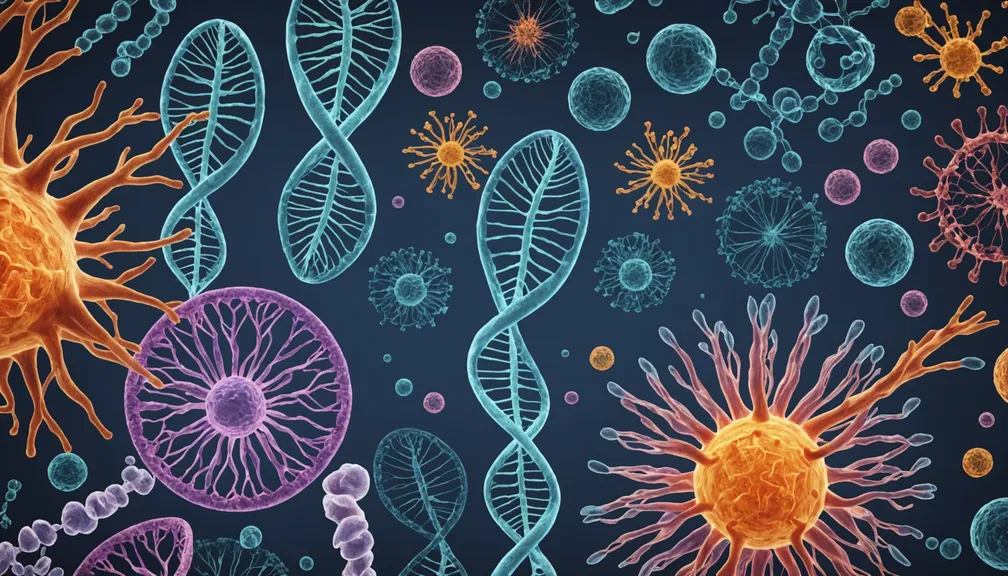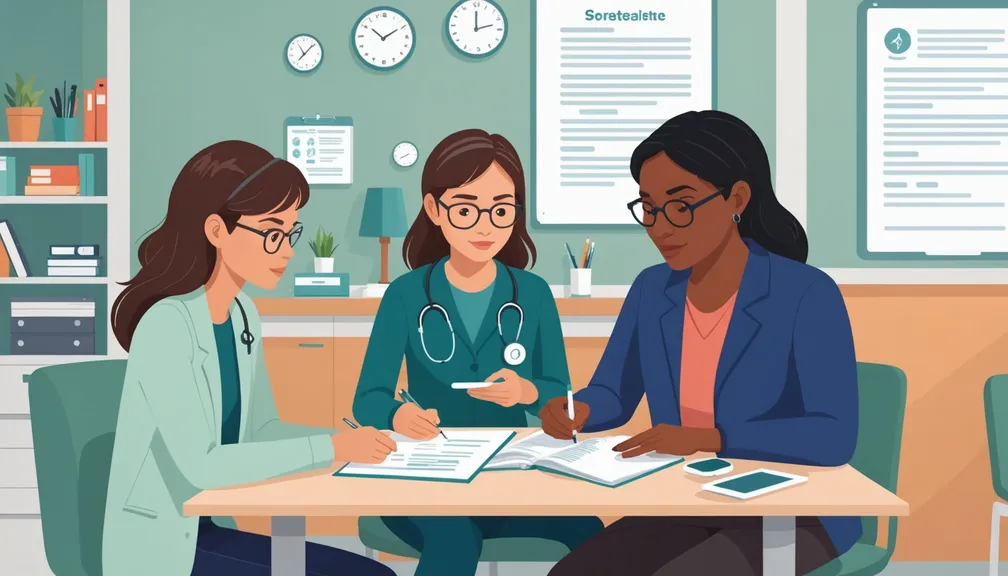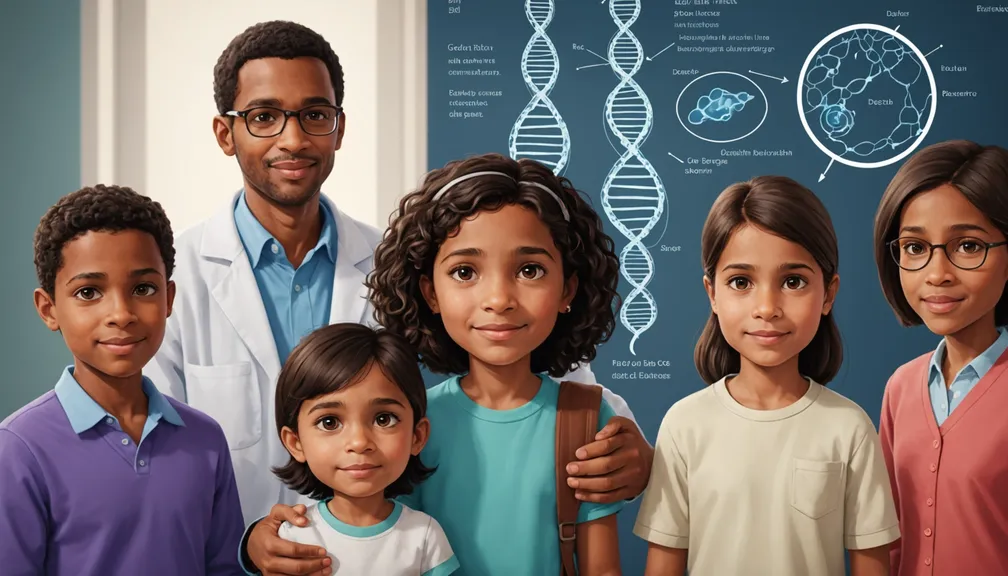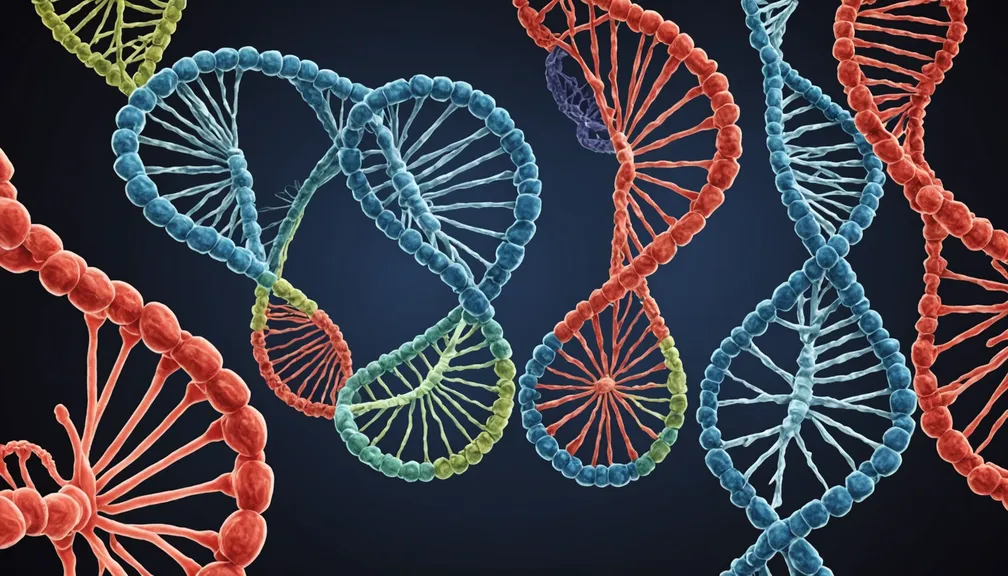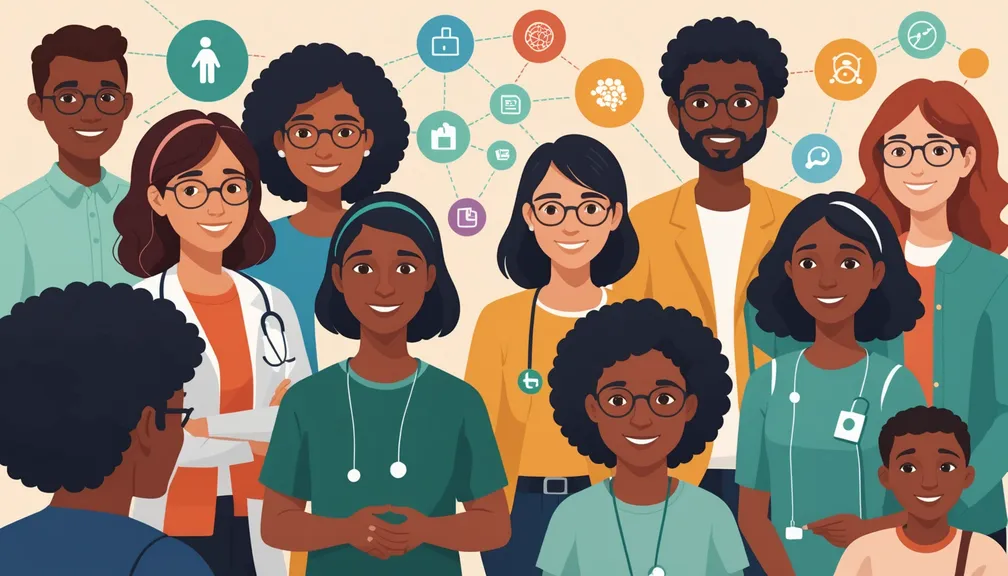Current and Emerging Treatments: Hope for the Future
Genetic rare diseases can present significant challenges, but advancements in medical science are bringing new hope. Understanding the current treatments available and the exciting developments on the horizon can empower you and your loved ones to manage the condition effectively and look forward to improved outcomes.
1. Current Treatments
a. Symptomatic Management
While some genetic rare diseases may not have a cure yet, managing symptoms can greatly improve quality of life. This includes:
- Medications: Prescribed to alleviate specific symptoms such as pain, seizures, or muscle spasms.
- Physical Therapy: Helps maintain mobility and strength.
- Occupational Therapy: Assists in performing daily activities with greater ease.
- Speech Therapy: Supports communication abilities for those affected.
b. Disease-Specific Therapies
For certain genetic conditions, targeted treatments are available:
- Enzyme Replacement Therapy (ERT): Used for diseases like Gaucher or Fabry, where missing enzymes are replaced.
- Hematopoietic Stem Cell Transplantation: Applicable in conditions like certain types of severe combined immunodeficiency (SCID) to restore healthy blood cells.
2. Emerging Treatments
The future of treating genetic rare diseases looks promising, with several innovative therapies under development:
a. Gene Therapy
Gene therapy aims to correct or replace faulty genes responsible for the disease. This could potentially:
- Restore Normal Function: By introducing a healthy copy of the gene.
- Prevent Disease Progression: Slowing or halting the advancement of the condition.
b. Gene Editing Technologies
Technologies like CRISPR-Cas9 offer the ability to precisely edit DNA. Potential applications include:
- Correcting Genetic Mutations: Directly altering the DNA sequence to fix defects.
- Preventing Inheritance: Reducing the risk of passing the disease to future generations.
c. RNA-Based Therapies
These treatments focus on the RNA molecules that carry genetic information, enabling:
- Silencing Faulty Genes: Preventing the production of harmful proteins.
- Enhancing Beneficial Protein Production: Boosting the levels of proteins necessary for normal function.
d. Personalized Medicine
Tailoring treatments based on an individual’s genetic makeup can lead to:
- Customized Treatment Plans: Selecting therapies that work best for a person’s specific genetic profile.
- Improved Efficacy: Increasing the chances of treatment success by addressing the unique aspects of the disease in each patient.
e. Stem Cell Therapy
Using stem cells to regenerate damaged tissues offers potential benefits such as:
- Repairing Affected Organs: Helping restore function in organs impacted by the disease.
- Promoting Regeneration: Encouraging the body to heal itself more effectively.
3. Supportive Therapies and Management
Comprehensive care often involves a combination of treatments to address various aspects of the disease:
- Physical Therapy: Enhances mobility and reduces muscle stiffness.
- Occupational Therapy: Improves the ability to perform daily tasks.
- Speech Therapy: Assists with communication challenges.
- Nutritional Support: Ensures a balanced diet to support overall health.
- Psychological Counseling: Provides emotional support for patients and families.
4. Clinical Trials and Research Opportunities
Participating in clinical trials can provide access to cutting-edge treatments and contribute to medical research:
- Access to New Therapies: Early availability of promising treatments not yet widely available.
- Contribution to Science: Helping researchers understand the disease better and develop effective treatments.
- Potential Benefits: Possible improvements in health outcomes through innovative interventions.
5. Health Professionals Who Can Help
A multidisciplinary team of health professionals can provide comprehensive care for individuals with genetic rare diseases:
- Geneticists: Specialists who diagnose and provide information about genetic conditions.
- Medical Geneticists: Doctors who manage and treat genetic diseases.
- Neurologists: Experts in nervous system disorders, often involved in managing genetic conditions affecting the brain and nerves.
- Orthopedic Specialists: Address bone and muscle issues related to genetic diseases.
- Metabolic Specialists: Manage metabolic disorders resulting from genetic anomalies.
- Physical and Occupational Therapists: Assist in maintaining and improving physical functions.
- Psychologists or Counselors: Offer mental health support to patients and their families.
- Nurses and Nurse Practitioners: Provide ongoing care and support.
- Social Workers: Help navigate resources and support systems available.
6. Finding Support and Resources
Connecting with support networks can make a significant difference:
- Support Groups: Offer a community of individuals and families facing similar challenges.
- Rare Disease Organizations: Provide information, resources, and advocacy for specific genetic conditions.
- Genetic Counselors: Assist with understanding the genetic aspects of the disease and family planning options.
- Patient Advocacy Groups: Work to improve access to treatments and support services.
7. Moving Forward with Hope
Advancements in medical research continue to open new avenues for treating genetic rare diseases. Staying informed about current and emerging treatments, participating in clinical trials when appropriate, and building a strong support network can provide hope and improve the quality of life for those affected. Always consult with your healthcare team to explore the best treatment options tailored to your unique needs.
